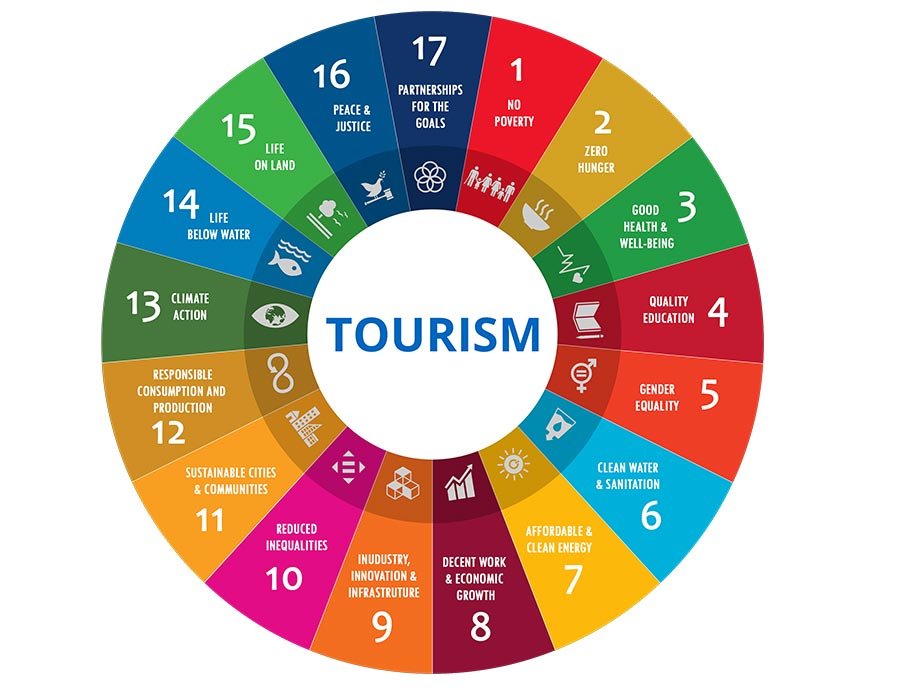TOURISM IN THE 2030 AGENDA: The year 2015 has been a milestone for global development as governments have adopted the 2030 Agenda for Sustainable Development, along with the Sustainable Development Goals (SDGs). The bold agenda sets out a global framework to end extreme poverty, fight inequality and injustice, and fix climate change until 2030. Building on the historic Millennium Development Goals (MDGs), the ambitious set of 17 Sustainable Development Goals and 169 associated targets is people-centred, transformative, universal and integrated.
Sustainable tourism is firmly positioned in the 2030 Agenda. Achieving this agenda, however, requires a clear implementation framework, adequate financing and investment in technology, infrastructure and human resources.
Read more here.

